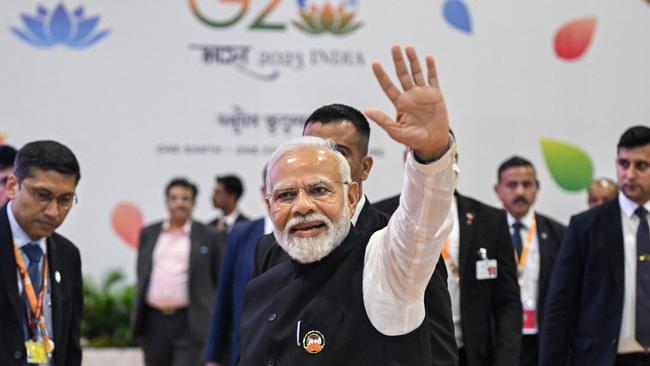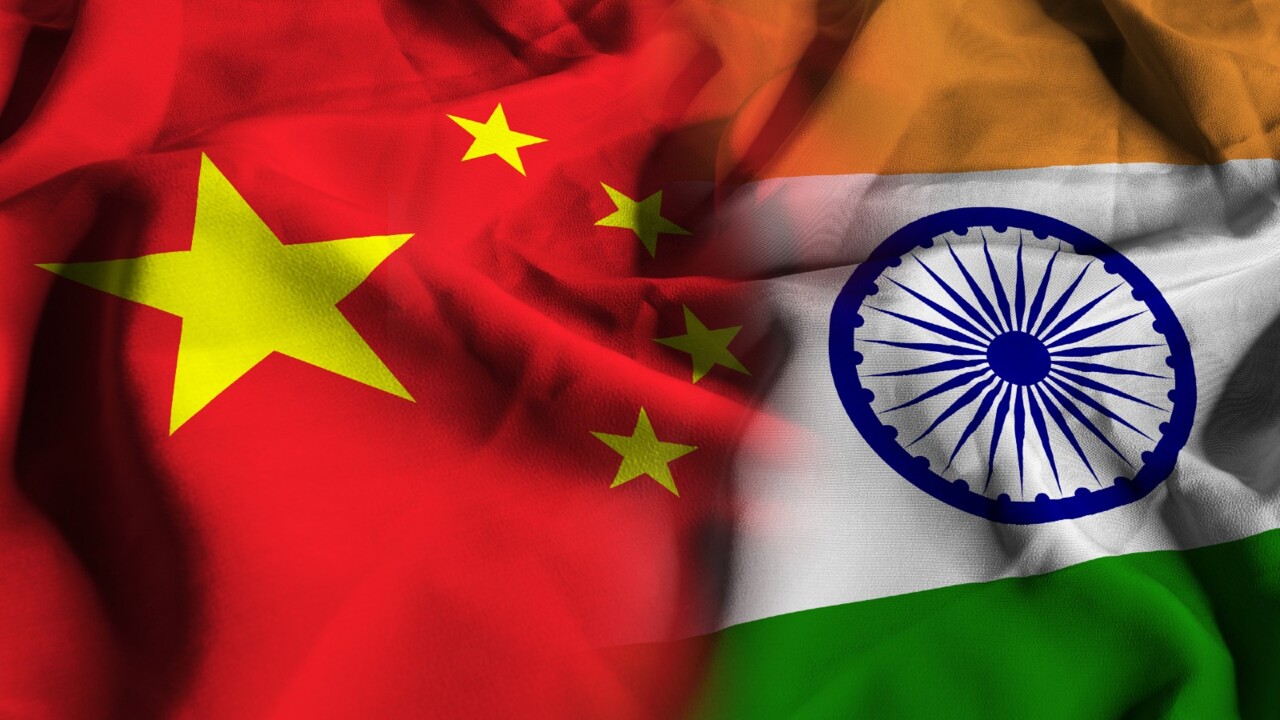Why G20 must be a weapon in war against modern slavery

In parallel, these same nations are host to more than half of those living in modern slavery today. Further, their consumption patterns result in annual imports of at-risk goods amounting to almost half a trillion US dollars. Despite their sizeable contribution to the problem and their undoubted influence on global economic policy, human rights issues remain largely off the table at G20 summits, the latest of which was held last week in India, where 11 million people are living in modern slavery.
That is why Walk Free released its inaugural G20 Scorecard, to coincide with the latest summit in New Delhi, ranking the prevalence of modern slavery across the G20 nations and the respective actions governments are taking against exploitation.
Saudi Arabia takes first place, chalking up the highest prevalence of modern slavery in relation to its population, including people living in extreme exploitation such as forced labour and forced marriage. Following closely behind are Turkey, Russia, and Indonesia.
In five years, we have seen the number of people living in forced labour and trapped in forced marriages increase by 10 million. And while we know modern slavery occurs in every country in the world, tens of millions of people are experiencing these egregious human rights abuses at the hands of the world’s most powerful nations.

Home to 65 per cent of the global population and much of the world’s trade, the G20 holds unparalleled potential to shape global market standards. Both the US and China remain the largest exporting and importing economies respectively.
Among the top 10 nations with the largest number of people living in modern slavery, six are G20 members: India, China, Russia, Indonesia, Turkey and the US.
Further, the purchasing practices of the G20 fuel exploitation in lower-income countries that are at the frontlines of global supply chains, with the G20 heavily relying on goods made with forced labour. Walk Free’s latest Global Slavery Index revealed $US468bn ($730bn) worth of G20 imports are goods at risk of modern slavery; from electronics, to garments, to solar panels.
With the demand for renewable energy growing in the face of the climate crisis, the principle of a “just transition” is imperative. Collectively, the G20 annually imports a total of $US14.8bn worth of solar panels, with demand set to grow.
Notably, China is the market leader in polysilicon production, an essential component of solar panels, with about 45 per cent of the world’s supply originating from the Xinjiang Uighur Autonomous Region where widespread state-imposed forced labour has been documented.
Regrettably, fewer than half of the G20 members have signed the Just Transition Declaration from the 2021 UN Climate Conference. As G20 nations look to combat the climate crisis, leaders must be aware of the risks involved in shortcutting their way to a sustainable future at the expense of basic human rights.

Continually, wealthier countries fall short in protecting their most vulnerable. From the UK to the Gulf States, gaps in protection have left survivors at risk of re-trafficking, while exploitative practices such as the kafala (sponsorship) system persist in cementing structural inequality for migrant workers.
High-income countries from Australia to the US also perpetuate vulnerability through tied visa systems that offer migrant workers limited protection from unscrupulous employers. Migrant workers are three times more likely to experience forced labour than non-migrant workers. With their increased vulnerability, paired with the G20’s reliance on their participation in the workforce, protecting migrant workers must be a central part of economic discussions.
For far too long, the G20 has failed to use its position of power to drive solutions toward eliminating modern slavery. To secure a future built on economic prosperity that does not come at the cost of human rights, modern slavery must finally be tabled at the annual summit.
Grace Forrest is the founding director of Walk Free, an international human rights group working to accelerate the end of all forms of modern slavery.







Undeniably, the G20 countries wield enormous power, making up 85 per cent of the world’s GDP and playing a central role in the global trading system.